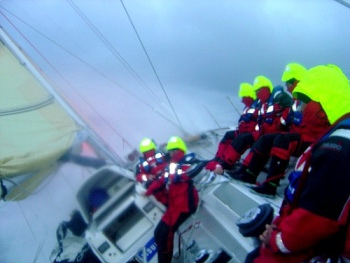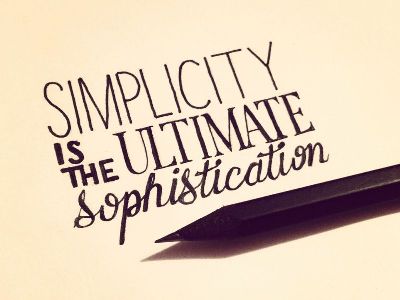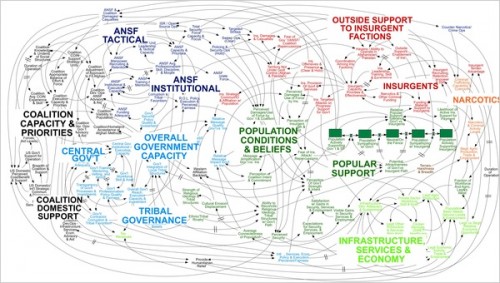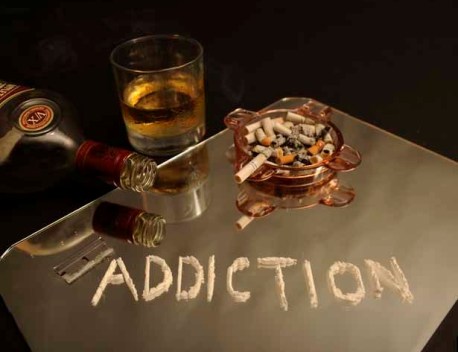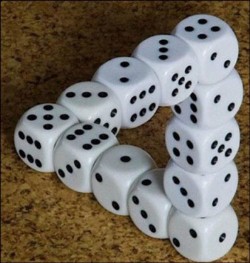It’s good to have critics. It shows you are contributing to a worthwhile shift. It means people pay attention to you. It can contribute to improve your product, your art. Here are 6 reasons why criticism is a good thing.
It’s also bad to have critics when it influences you not to give out your best. There are times where you shouldn’t listen to them. There are times you should only listen to you, what brings you alive and what you know the world needs.

So, when should you shun critics and when should you listen to them?
Let me take an example which is close to my heart.
As I am considering a new book it is clear that the topic of the book is non negotiable. It is a message that is growing within me for some time now and that I need to deliver to the world.
The format of the book, whether it will be a story or a non-fiction style, that’s more open to discussion and suggestions. I will still have a strong opinion and I will own the final format.
Finally, the detailed word-for-word editing is something that I consider to be quite open to criticism and improvement (in particular, as English is not my first language).
So it should be for your creations: the main message should not be negotiable; you should own most of the outline of the delivery; and leave critics deal with the detailed editing.
Alas, many people let critics influence their main message and make their detailed editing not negotiable. Don’t fight the wrong battle. It is your main message, coming from your heart, that is the most valuable.

